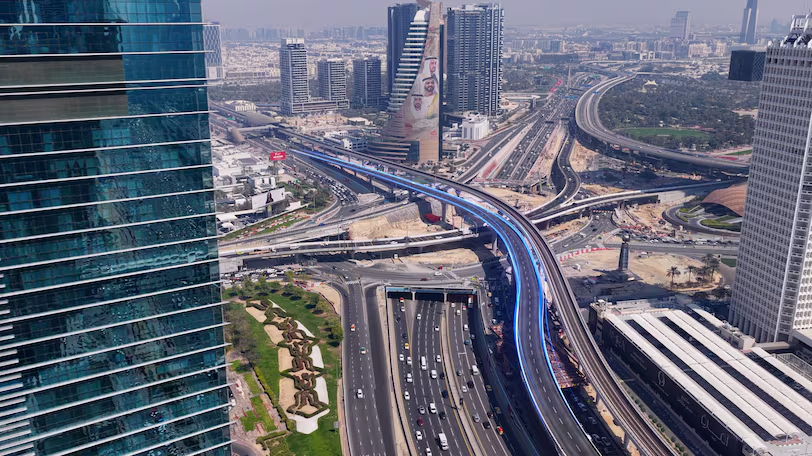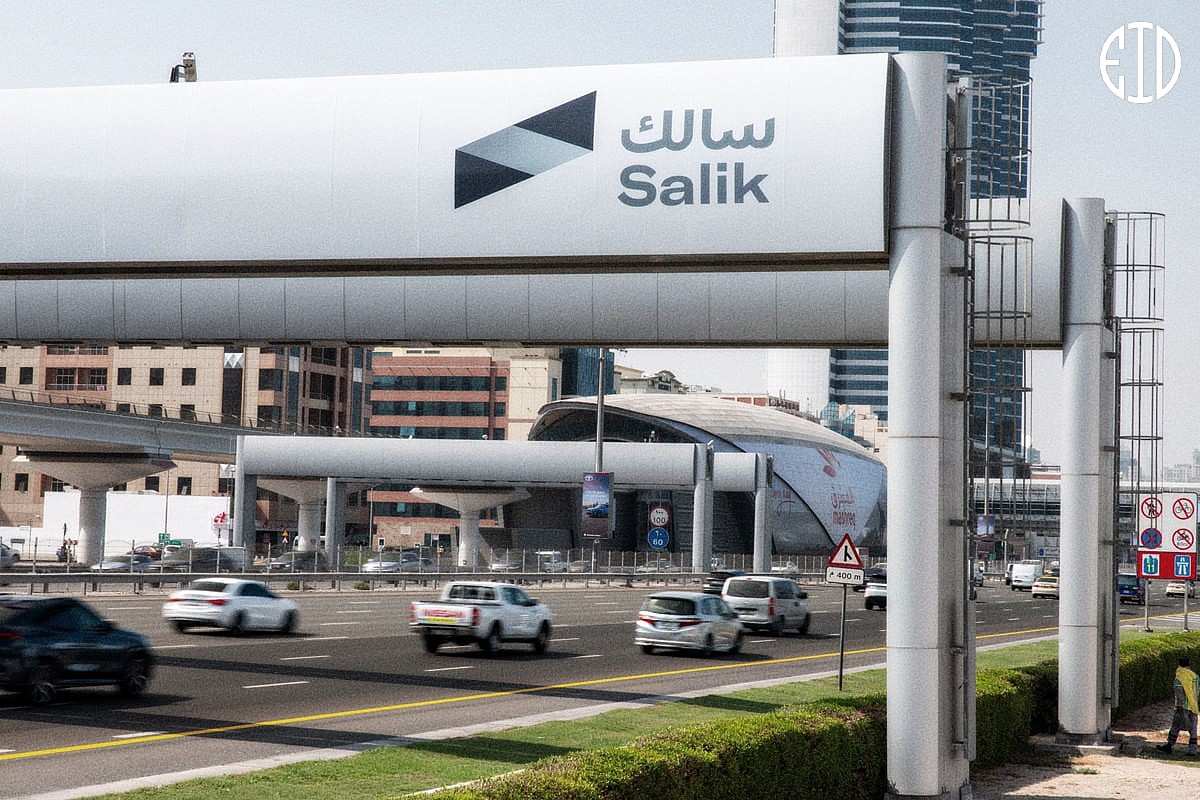The United Arab Emirates (UAE) will implement a 15% Domestic Minimum Top-up Tax (DMTT) on large multinational companies beginning January 1, 2025. This move aims to enhance non-oil revenue and aligns with the OECD’s global minimum corporate tax agreement.
Details of the DMTT
The DMTT applies to multinational enterprises (MNEs) with consolidated global revenues of €750 million (approximately $793.50 million) or more in at least two of the four financial years preceding the tax’s enforcement. This tax is part of the UAE’s broader strategy to ensure that large corporations contribute fairly to the economy and combat tax avoidance.
Background on Corporate Tax in the UAE
This announcement follows the introduction of a 9% business tax in 2023, which includes exemptions for many free zones that are vital to the UAE’s economy. The DMTT is a component of the OECD’s Two-Pillar Solution, designed to establish a fair and transparent tax system globally.
Future Corporate Tax Incentives
In addition to the DMTT, the UAE’s finance ministry is considering several corporate tax incentives, including:
- Research and Development (R&D) Incentives: Expected to apply from 2026, offering potential 30%-50% refundable tax credits based on company size and revenue.
- High-Value Employment Tax Credits: These credits could be available as early as January 1, 2025, rewarding companies for eligible employee income costs.
These proposed incentives are subject to legislative approval and reflect the UAE’s commitment to fostering a competitive business environment while promoting innovation.
Conclusion
The introduction of the 15% DMTT marks a significant step for the UAE as it seeks to align with global tax standards while enhancing its economic framework. By implementing these changes, the UAE aims to ensure that large multinationals contribute their fair share, ultimately supporting sustainable growth and development in the region.











